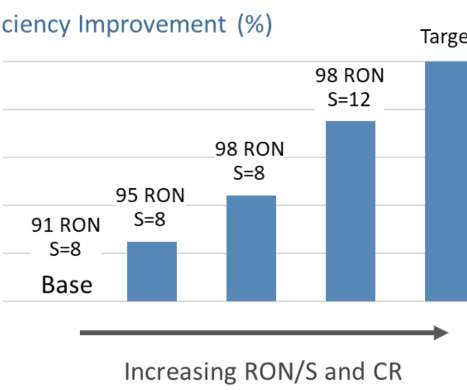ExxonMobil Research files patent application on methods for expanding HCCI and other advanced combustion modes load range with fuel-alcohol blends
Green Car Congress
JANUARY 5, 2011
ExxonMobil Research and Engineering Company has filed a US patent application (# 20100326387 , published 30 December 2010) on methods using a wide range of fuel-alcohol blends to expand the operating envelope of engines operating in advanced combustion modes. reduced maximum rates of pressure increase during HTHR.

















Let's personalize your content